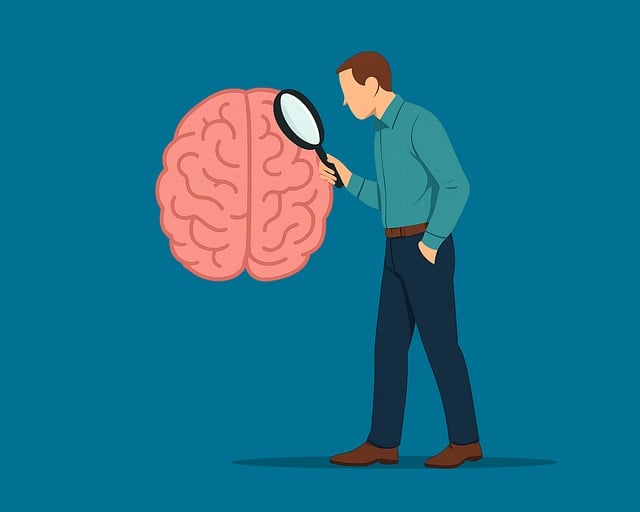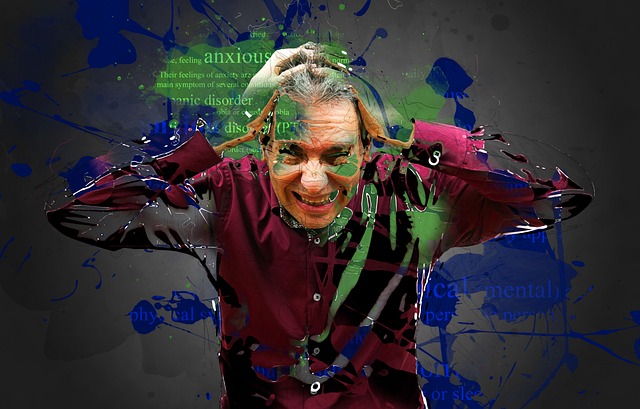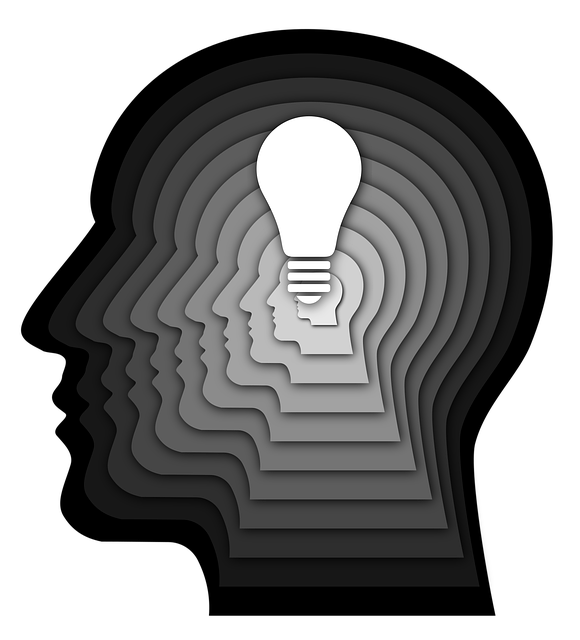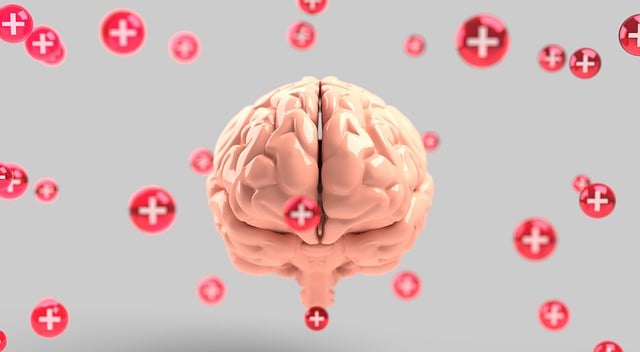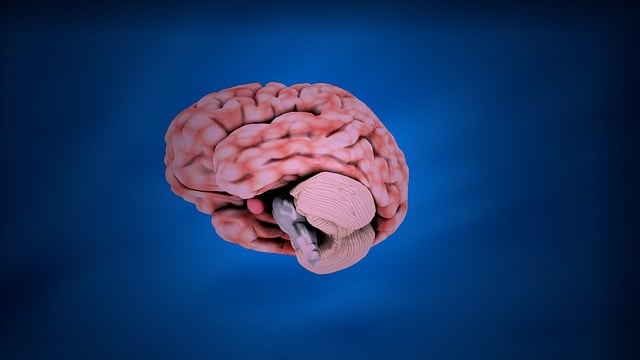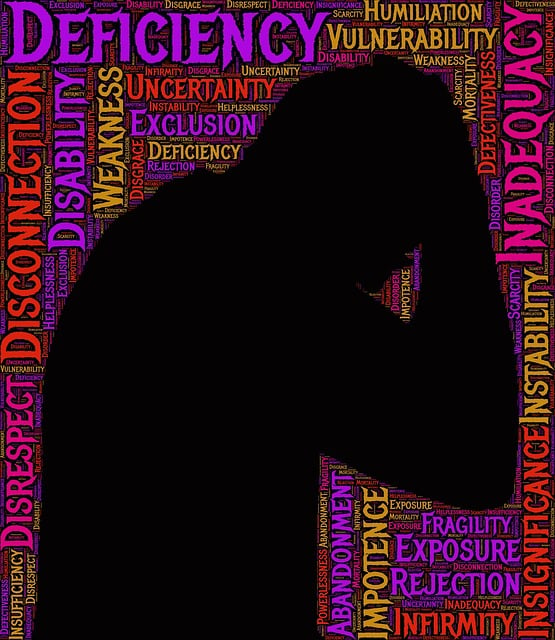Mental illness diagnoses are complex, influenced by stigma, comorbidity, and inconsistent criteria. Enhancing accuracy involves integrating evidence-based practices like family counseling and therapy for adults, positive thinking interventions, and stress management training for healthcare providers. Advanced digital tools using AI algorithms offer detailed emotional state insights, while family counseling uncovers underlying causes and creates tailored treatment plans. Integrating adult therapy explores personal history and relationships, promoting self-awareness, healthier interactions, and long-term stability through regular follow-up care.
Mental illness diagnoses, while crucial for treatment, often face challenges in accuracy. This article explores strategies aimed at enhancing diagnosis reliability, delving into innovative techniques and traditional yet powerful approaches like family counseling. We discuss how integrating adult therapy provides comprehensive support, ensuring follow-up care that complements diagnostic processes. Understanding the current state of mental health diagnosis is the first step towards improving overall patient outcomes through enhanced accuracy and personalized treatment plans.
- Understanding Mental Illness Diagnoses: The Current State
- Innovative Techniques for Enhancing Diagnosis Accuracy
- The Role of Family Counseling in Improving Diagnostic Processes
- Integrating Adult Therapy for Comprehensive Support and Follow-up Care
Understanding Mental Illness Diagnoses: The Current State

Mental illness diagnoses are complex, often involving a intricate web of symptoms and individual experiences. Currently, the process relies heavily on self-reporting by individuals, clinical interviews, and standardized assessments. While these methods have improved over time, they still face significant challenges. Accurate diagnosis can be hindered by factors such as stigma, leading people to underreport or misrepresent their symptoms, and comorbidity, where multiple disorders coexist, complicating the identification of primary conditions.
The current landscape also lacks uniform criteria across different healthcare settings, contributing to inconsistencies in diagnoses. Incorporating evidence-based practices like family counseling and therapy for adults, along with promoting positive thinking, inner strength development, and confidence boosting techniques, can significantly enhance diagnostic accuracy.
Innovative Techniques for Enhancing Diagnosis Accuracy

In recent years, the field of mental health diagnosis has seen a significant push towards precision and accuracy. Innovative techniques are being developed to ensure that individuals receive the most appropriate treatment for their specific conditions. One such approach involves integrating advanced assessment tools with therapy for adults and family counseling. By combining traditional methods with cutting-edge technology, healthcare providers can better understand complex mental health issues. For instance, digital platforms offering online therapy sessions equipped with artificial intelligence (AI) algorithms can provide detailed insights into a patient’s emotional state, helping to narrow down diagnosis possibilities.
Additionally, burnout prevention strategies for healthcare providers are being re-evaluated and enhanced, as fatigued professionals may impact diagnostic accuracy. Training programs that focus on mental health awareness and stress management are becoming more prevalent, aiming to equip medical staff with the tools needed to recognize subtle symptoms of mental illness. This holistic approach, combining advanced technology and provider well-being, promises to improve diagnosis accuracy, ultimately leading to better patient outcomes and enhanced anxiety relief.
The Role of Family Counseling in Improving Diagnostic Processes

Family counseling plays a pivotal role in enhancing the accuracy and effectiveness of mental illness diagnoses. By bringing together all involved family members, this therapeutic approach facilitates open communication about symptoms, behaviors, and emotional dynamics that may be difficult for individuals to articulate alone. Through collaborative problem-solving and shared understanding, family counselors help identify underlying causes of distress and differentiate between various mental health conditions. This holistic perspective allows for more nuanced diagnoses, tailored treatment plans, and improved patient outcomes.
Moreover, family counseling sessions provide a safe space for the development of coping skills and mindfulness meditation techniques that strengthen resilience against mental illness. Equipping both patients and their families with effective communication strategies, conflict resolution tools, and risk management planning empowers them to navigate challenges more effectively. By fostering strong support systems and enhancing familial bonding, these practices contribute significantly to the overall well-being of all family members, ultimately supporting better mental health management and sustained recovery.
Integrating Adult Therapy for Comprehensive Support and Follow-up Care

Integrating Adult Therapy offers a comprehensive approach to mental illness diagnosis and treatment, ensuring that individuals receive holistic support tailored to their unique needs. This form of therapy goes beyond addressing symptoms by delving into the patient’s personal history, relationships, and overall well-being. By incorporating family counseling, healthcare professionals can identify intergenerational patterns, provide insights into dynamic familial interactions, and offer strategies for fostering healthier communication.
Through these therapeutic interventions, individuals not only gain a deeper understanding of their mental health challenges but also develop inner strength and enhance self-awareness. This process equips them with the necessary tools to navigate life’s complexities, manage risks effectively, and maintain long-term stability. Additionally, regular follow-up care ensures continued support, allowing for adjustments in treatment plans as the patient’s journey unfolds.
Mental illness diagnosis accuracy has seen advancements through innovative techniques, family counseling, and integrated adult therapy. By employing evidence-based practices and a holistic approach that includes family involvement, we can significantly improve diagnostic processes. These efforts not only enhance the reliability of mental health assessments but also provide comprehensive support and follow-up care, ultimately leading to better outcomes for individuals navigating their mental health journeys. Therapy for adults, combined with family counseling, emerges as a powerful tool in this endeavor.


